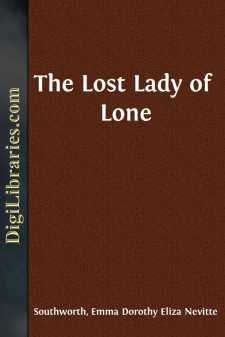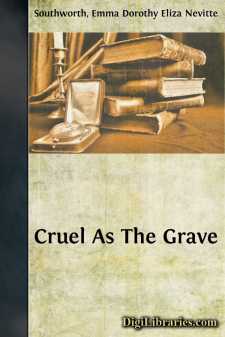Categories
- Antiques & Collectibles 13
- Architecture 36
- Art 48
- Bibles 22
- Biography & Autobiography 813
- Body, Mind & Spirit 142
- Business & Economics 28
- Children's Books 15
- Children's Fiction 12
- Computers 4
- Cooking 94
- Crafts & Hobbies 4
- Drama 346
- Education 46
- Family & Relationships 57
- Fiction 11829
- Games 19
- Gardening 17
- Health & Fitness 34
- History 1377
- House & Home 1
- Humor 147
- Juvenile Fiction 1873
- Juvenile Nonfiction 202
- Language Arts & Disciplines 88
- Law 16
- Literary Collections 686
- Literary Criticism 179
- Mathematics 13
- Medical 41
- Music 40
- Nature 179
- Non-Classifiable 1768
- Performing Arts 7
- Periodicals 1453
- Philosophy 64
- Photography 2
- Poetry 896
- Political Science 203
- Psychology 42
- Reference 154
- Religion 513
- Science 126
- Self-Help 84
- Social Science 81
- Sports & Recreation 34
- Study Aids 3
- Technology & Engineering 59
- Transportation 23
- Travel 463
- True Crime 29
The Missing Bride
Description:
Excerpt
CHAPTER I.
LUCKENOUGH.
Deep in the primeval forest of St. Mary's, lying between the Patuxent and the Wicomico Rivers, stands the ancient manor house of Luckenough.
The traditions of the neighborhood assert the origin of the manor and its quaint, happy and not unmusical name to have been—briefly this:
That the founder of Luckenough was Alexander Kalouga, a Polish soldier of fortune, some time in the service of Cecilius Calvert, Baron of Baltimore, first Lord Proprietary of Maryland. This man had, previous to his final emigration to the New World, passed through a life of the most wonderful vicissitudes—wonderful even for those days of romance and adventure. It was said that he was born in one quarter of the globe, educated in another, initiated into warfare in the third and buried in the fourth. In his boyhood he was the friend and pupil of Guy Fawkes; he engaged in the Gunpowder Plot, and after witnessing the terrible fate of his master, he escaped to Spanish America, where he led for years a sort of buccaneer life. He afterwards returned to Europe, and then followed years of military service wherever his hireling sword was needed. But the soldier of fortune was ill-paid by his mistress. His misfortunes were as proverbial as his bravery, or as his energetic complaints of "ill luck" could make them. He had drawn his sword in almost every quarrel of his time, on every battlefield in Europe, to find himself, at the end of his military career, no richer than he was at its beginning—save in wounds and scars, honor and glory, and a wife and son. It was at this point of his life that he met with Leonard Calvert, and embarked with him for Maryland, where he afterwards received from the Lord Proprietary the grant of the manor "aforesaid." It is stated that when the old soldier went with some companions to take a look at his new possessions, he was so pleased with the beauty, grandeur, richness and promise of the place that a glad smile broke over his dark, storm-beaten, battle-scarred face, and he remained still "smiling as in delighted visions," until one of his friends spoke and said:
"Well, comrade! Is this luck enough?"
"Yaw, mine frient!" answered the new lord of the manor in his broken English, cordially grasping the hand of his companion, "dish ish loke enough!"
Different constructions have been put upon this simple answer—first, that Lukkinnuf was the original Indian name of the tract; secondly, that Alexander Kalouga christened his manor in honor of Loekenoff, the native village of his wife, the heroic Marie Zelenski, the companion of all his campaigns and voyages, and the first lady of his manor; thirdly, that the grateful and happy soldier had only meant to express his perfect satisfaction with his fortune, and to say:
"Yes, this is luck enough! luck enough to repay me for all the past!"
Be it as it may, from time immemorial the place has been "Luckenough."
The owner in 1814 was Commodore Nickolas Waugh, who inherited the property in right of his mother, the only child and heiress of Peter Kalouga....












